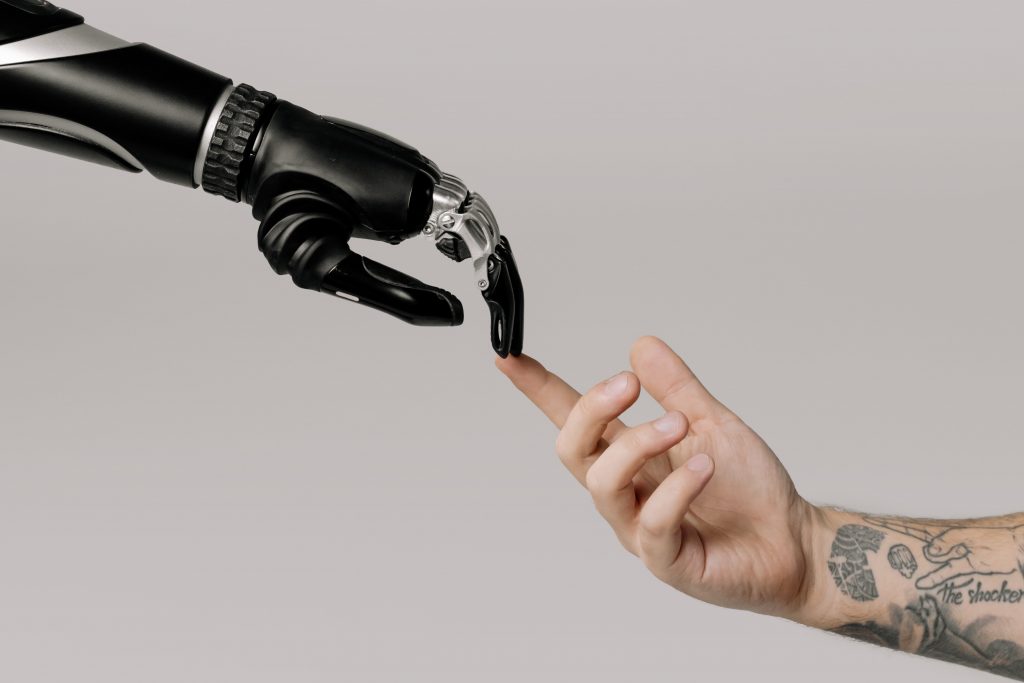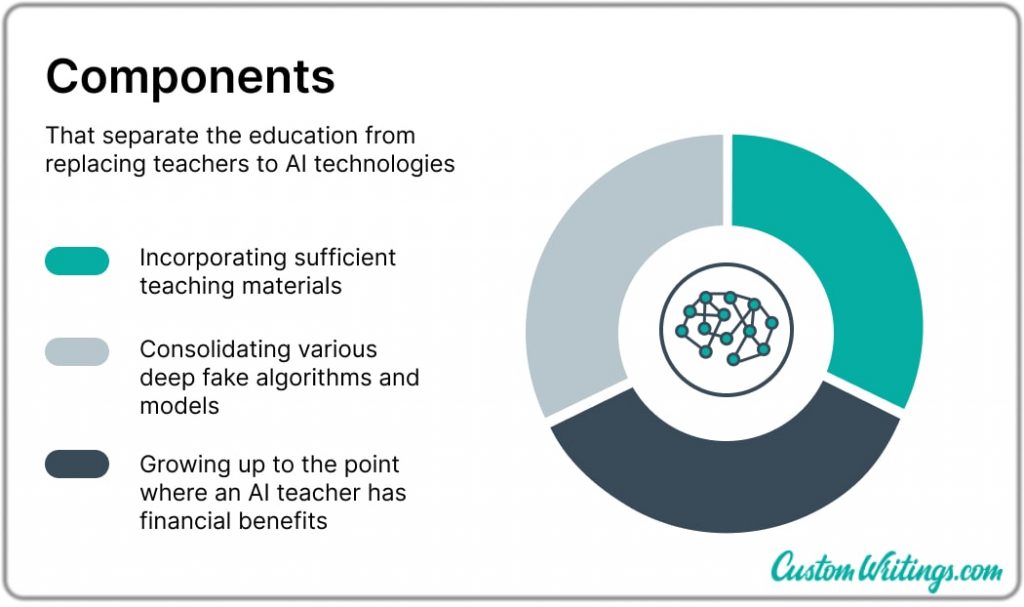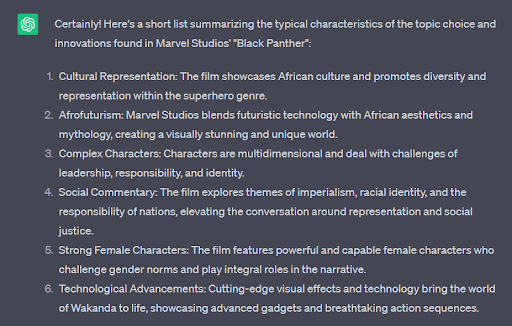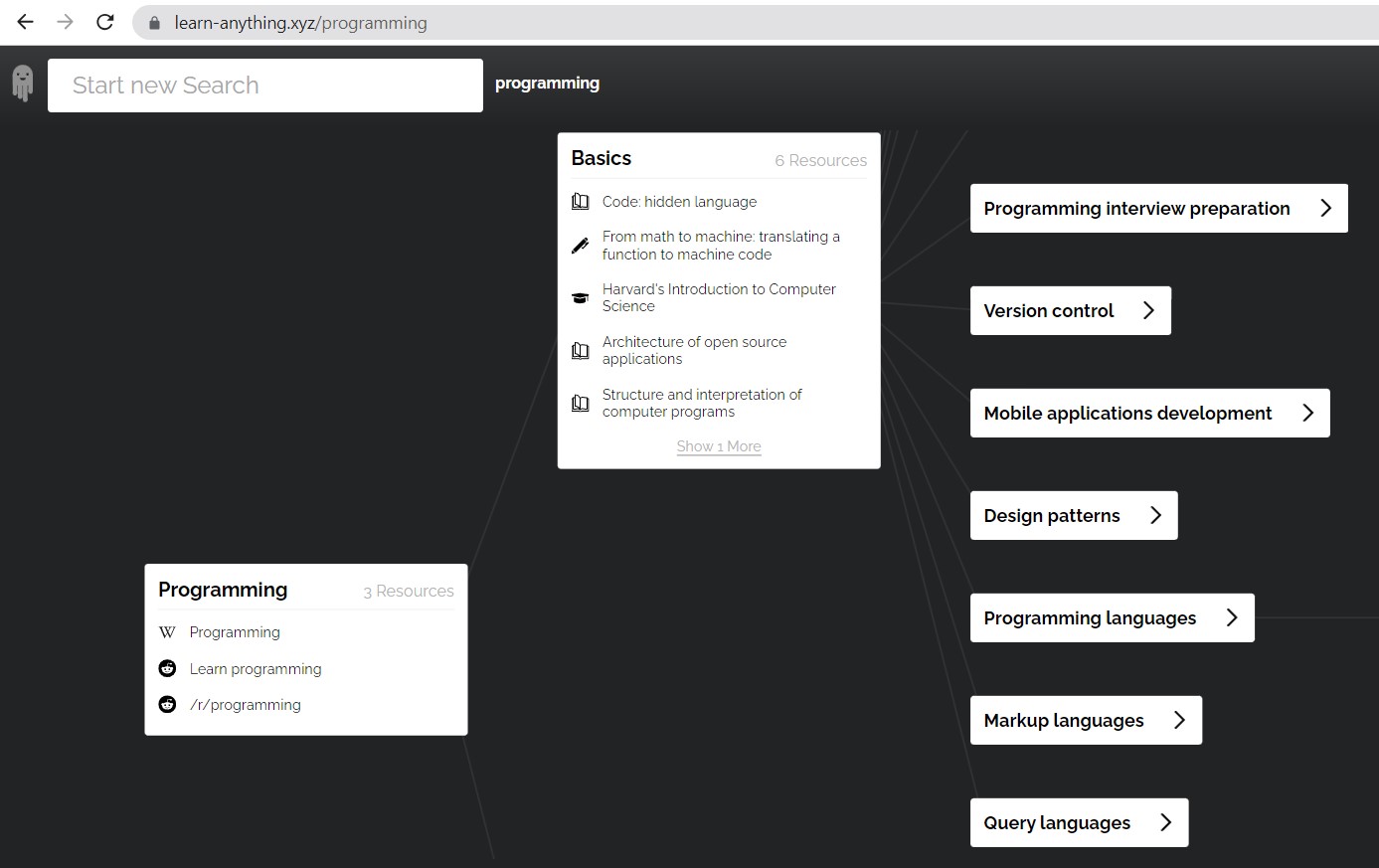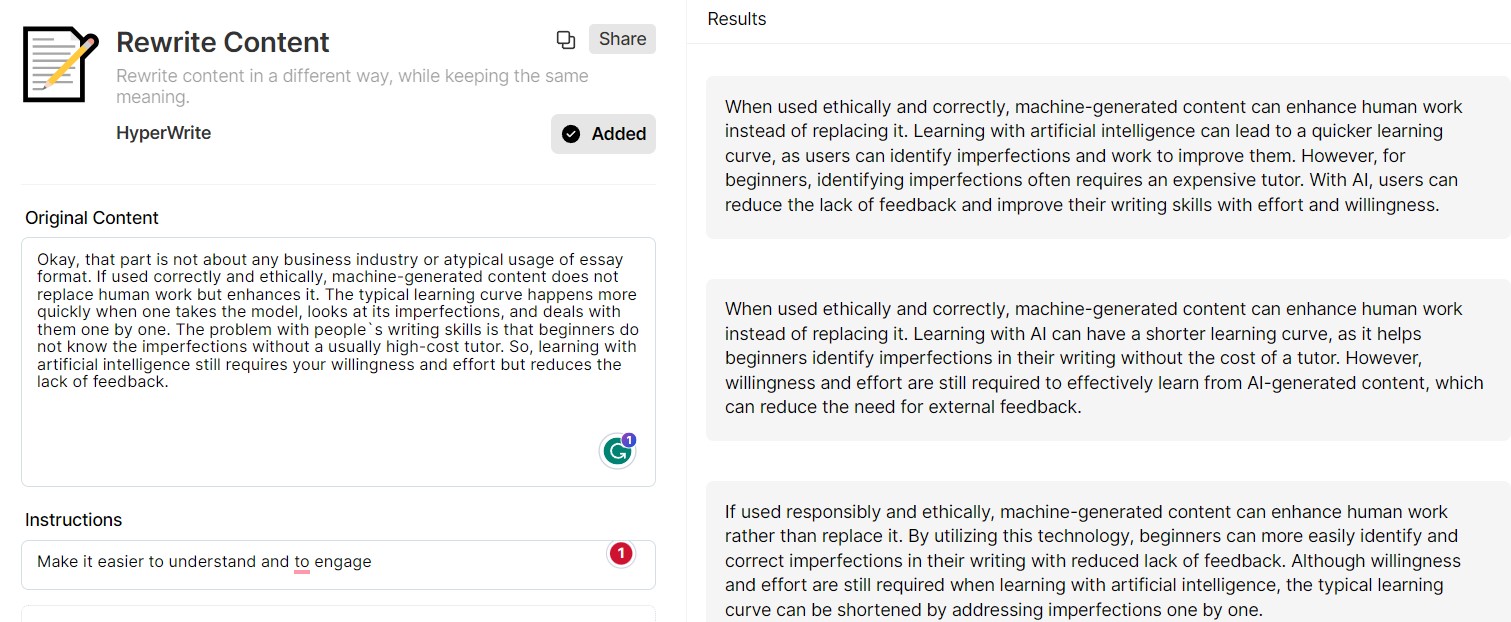With the rise of AI, no romanticization is left in the essay writing craft. No resounding clash of swords of your thoughts or battles for a place on paper exists anymore when artificial intelligence produces the text in a matter of seconds. However, dark and light academy fans can sleep soundly, as AI is not omnipotent. Like the massive tubs used for smelting iron in ancient times, artificial intelligence is a powerful and handy tool. However, it is still ONLY a tool that requires the human hand to create beautiful crafts with it. Let’s have a cozy cup of something cool and see what AI can and can’t do.
What Is the Essay Writing Paradigm…
From a student’s perspective, it may seem that essay writing is simply a task you must perform to pass a test or course. However, in our complex world, if one has a skill or a part of any information, then there is an area of research or a whole ecosystem existing around it. Essay creation involves academic study and analysis, business analytics and communication, grant writing, policy development, and many other essential spheres.
If there is the concept of essay writing, then a whole bunch of ecosystems are spinning around it.
Why so? It’s only a matter of writing form, isn’t it? Not really. The essay form is that much popular, as it has the “golden sequence” of structure and readability. The introduction should have a thesis statement so that readers instantly understand what they are signing up for for the next few minutes. Then, each paragraph ideally has a topic sentence and a concluding one, reinforcing the main idea. Again, ideally, none of the paragraphs exceed 140 words. These simple rules are not the invention of a pedantic professor, but a matter of conveying ideas in the most casual way.
… and What Has Essentially Changed?
What has changed is the involvement of people in the essay writing process, the academic question of students’ integrity, and the possibilities for businesses and one’s personal development. Essentially, the generative power of artificial intelligence is a good adviser for everything that does not involve profound research, genuine creativity, or coherent essay forms. It works just fine for generating sweeping statements, explaining topics for beginners, fastening the manual processes, and improving one’s skills.
Essentially, artificial intelligence is a good adviser for everything that does not involve not profound research, genuine creativity, or coherent essay forms.
These characteristics are sufficient for bringing up the questions of new education forms, new vacancy requirements, and heavier workloads for those working in cognition-requiring spheres. Let me explain that with some examples of changes:
- AI makes us question our regular time management. If AI can produce a research proposal, write a text for it, and edit it, should we increase the work and study load in the future, assuming that everyone uses it anyway to make their lives easier?
- Is AI a threat to the academic field? If a student with a medical or engineering-based specialty uses AI for their assignments, should we be concerned about our health and buildings in the next few decades?
- AI as a human replacement. The ethical question to the students can easily be flipped on the educators’ and coaches’ concerns. If AI can find and navigate all the information online, what are these people for?
- Can AI effortlessly bring up new millionaires? You have probably already seen the videos on TikTok of people creating a YouTube channel using only text, video, and voice generators. So, can AI replace the range of webinars on business marketing and become a new magic pill?
Artificial intelligence brings up the questions of new education forms, new vacancy requirements, and more demanding workloads.
The Positive Changes Made By AI
Artificial intelligence’s main benefit is its nearly instant access to almost endless volumes of data that humans can’t gather. The critical principle of AI work is the quick analysis of the input and available information and the generation of an answer based on previous similar requests with identical keywords. Thus, it is not more creative than a human writer, but it has more extensive knowledge.
Research from The University of Hong Kong proposes that there are only three components for decision-makers to develop that separate the educational area from implementing AI teachers to substitute people:
I do not suppose that it will happen fast, but some spheres may indeed put new AI essay-writing possibilities into practice. Introducing you to CustomWritings.com’s latest offer: a free essay generator exclusively for students. Don’t miss the opportunity to simplify your essay writing process and boost your grades. Try it now and feel the difference!
AI helps generate ideas for all creative professions
For instance, let’s say I am a third-year Film Studies student who’s given the task of analyzing a recent “Black Panther” Marvel film and finding the typical characteristics of the topic choice and innovations. The same job could be given to a trainee in an internship in a good film production company. For instance, Marvel’s competitors may want to analyze the market. Here are the ideas ChatGPT proposed for this task:
- Cultural representation. The first AI response answers the traditional part of the assignment. It describes the popular nowadays topic of cultural representation. The innovatory part here is in designing the whole fantasy world of Nigeria, Namibia, and Kenya’s African cultures.
- Social commentary. Racial segregation is not new, starting at around the beginning of the 19th century. That is traditional. However, the film dives deeper into the range of psychological complexities of N’Jadaka’s revenge as an example of the primary totalitarian aim of power, rather than making changes for the better.
- Strong female characters. Again, feminism is somewhat uprising now, especially with the recent protests and massacre of Iranian activists. However, the film creatively reverses the patriarchal culture and, with decent logic, designs a whole women-complected army.
AI cannot create something completely creative and innovative, but it can help you navigate doing so.
Are these topic ideas obvious and kind of even overused in modern informational flows? Sure they are! Can the AI tool generate something more creative, like the prompts above? Probably not. However, essay writers, market researchers, and other creative professionals can cooperate with AI instead of passively copy-pasting from it.
AI quickens learning
Academic, business, NGO, and public administration and governance spheres are all united in one point: the ones who study the fastest win more. In that regard, AI is a logical extension of previous voice-commanded assistants, like Siri, Alexa, and Google Assistant. However, the new functionality of AI does not only present the existing information on the topic request as a regular browser does. Artificial assistants compare, combine, and connect the dots, making it easier for us to learn.
For instance, I have always been keen on learning in depth some programming languages in depth. For that purpose, I started online courses, but what was missing for me was an understanding of the larger picture. I mean, you can always have the bits of knowledge, but it feels like sand slipping through your fingers when you need to apply it. So, I eagerly waited for someone to build a clear structure of where each piece of my knowledge would lie on the learning timeline and the topic’s plane.
The one who studies the fastest wins more
Fortunately, I have finally found it. The Learn Anything tool provides a mind map for any topic with the best resources to start the journey with and then does the same for each sub-topic. For instance, here are the results for “Programming”:
As someone who took Harvard’s Introduction to Computer Science course (point number 3 in the “Basics” block in the screenshot), I can say that the proposed pool of resources is definitely not bad. The generative possibilities of AI technologies can advise people on questions that usually take an entire university staff to answer.
AI reduces the cost of improving writing skills
Okay, that part is not about any business industry or atypical usage of essay format. If used correctly and ethically, machine-generated content does not replace human work but enhances it. The typical learning curve happens more quickly when one takes the model, looks at its imperfections, and deals with them one by one. The problem with people`s writing skills is that beginners do not know the imperfections without a usually high-cost tutor. So, learning with artificial intelligence still requires your willingness and effort but reduces the lack of feedback.
What AI has significantly changed in the essay writing paradigm is the cost of learning for newbies in the area.
Let’s use this paragraph and see what the HyperWrite assistant may change here:
As you see, the meaning remains the same, but AI changes how the information is conveyed and looks for other grammatical and lexical decisions for the task. Students whose native language is not English may use the tool to get more familiar with the language structure, phrase meaning, tone of voice, and typical constructions.
The Threats and Negative Changes, Associated with AI
Okay, still, using an AI machine is not all sunshine and roses. There are also some global consequences in the paradigm of educational essay writing, job offers, and data security. But before all these concerns, there comes the most basic question: What do humans do while technologies develop, study, and grow to replace manual processes, even in the intellectual fields? I guess that maybe something in evolution has gone terribly wrong.
The ethical threat
We have already mentioned this before, but now let’s take things seriously. I do not suppose that using AI to write text is entirely illegal. At least, if students do not have the nerve to edit it and remove obvious machine mistakes, they will be caught anyway. Moreover, on the other end of the spectrum, we all take most of our information from accessible internet sources. Again, it’s not a big deal worth fussing about anymore. However, here are some real threats to think about instead:
- Plagiarism. The unknowing recreation of someone else’s intellectual rights. As said before, AI simply gathers available data and generates something more surficial. An academic model for an essay will often place a specific emphasis on citing the used sources used. But, it’s a complicated task when one does not know where the information comes from. The existing policies for protecting intellectual ownership rights cover all intentional and unintentional infringement cases.
What do humans do while technologies develop, study, and grow to replace manual processes, even in the intellectual fields? Maybe something in evolution has gone terribly wrong.
- A Lack of Personalization and Individual Growth. The usage of AI separately is not more of a threat than the other tools we use. It’s just one such tool, and it continues the line of inviting computers, the internet, social media, and databases. Yet, the pattern is alarming. Can you think of just one recent intention that stimulates the human brain rather than simplifying everything? If you have such examples, there are probably not many of them.
The growing mistrust between all parties
So, as we know, some institutions and even states prohibit the exploitation of AI technologies for academic purposes, and some even have the same employee policies. But that actually means there is a lack of proper communication, openness, and wise application of tools. Here is an approximate scheme of what happens in the psychology of an employee and employer or a student and a teacher in these moments:
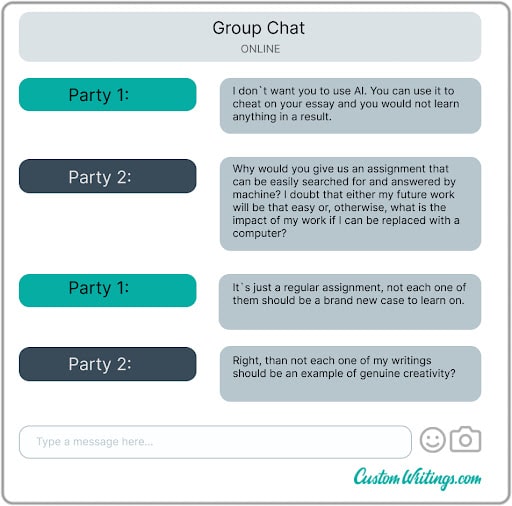
I believe there still is and will be a difference in the future between just an essay that meets the criteria and a good one that intrigues and challenges the mind.
Conclusion
The last question on that image remains open. Essentially, AI technologies have changed the paradigm of essay writing. From an utterly creative process with just a little bit of technical requirements, it is now becoming an industry that can be created without humans.
The best essays of all time provoke thought and convey the ideas in a way that you want to immediately save and learn it by heart so that you can repeat it. Can AI do the same trick now? No. Does it change the essay writing paradigm anyway? Also yes. So, the moral here is ambiguous or absent 🙂 But… let me know what you think about it.
More Articles on AI in Essay Writing |
